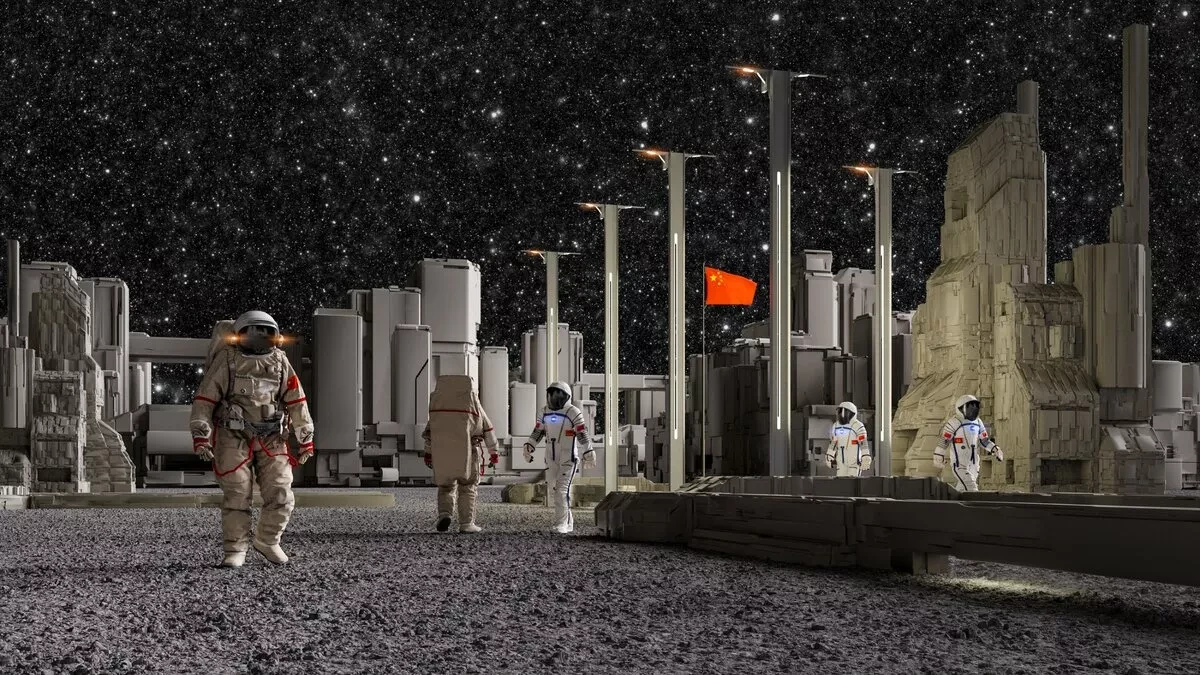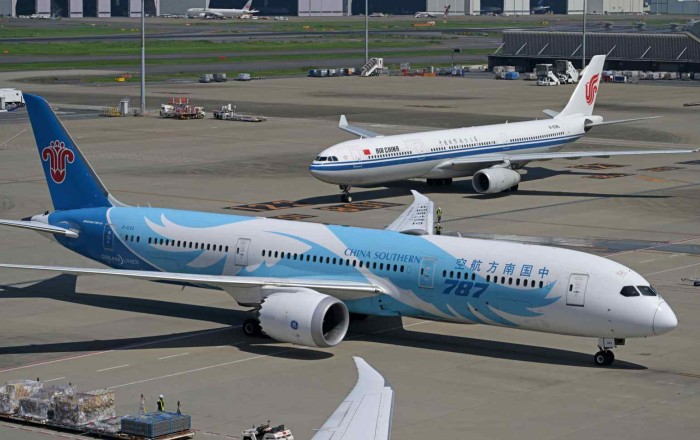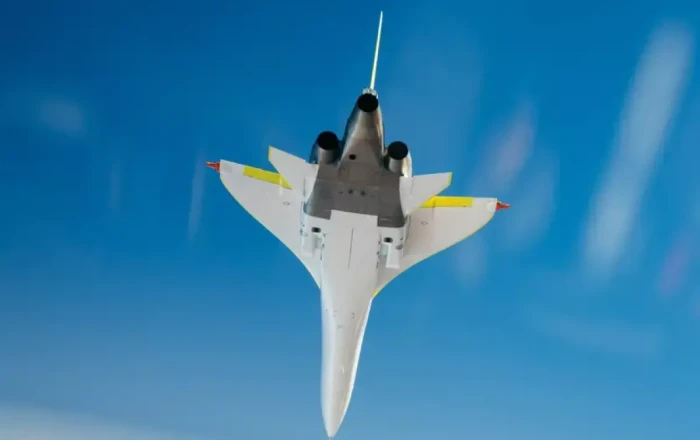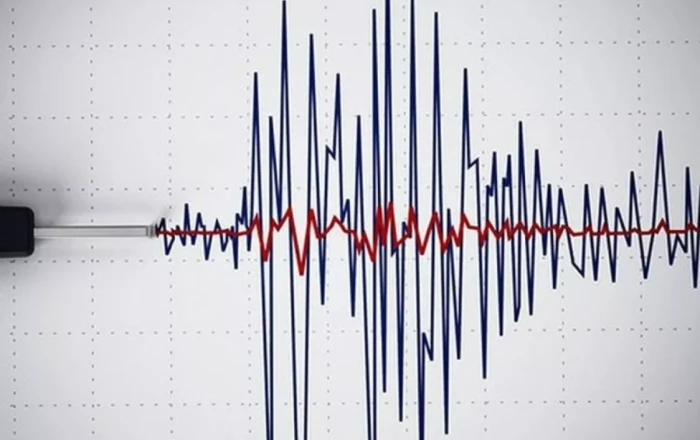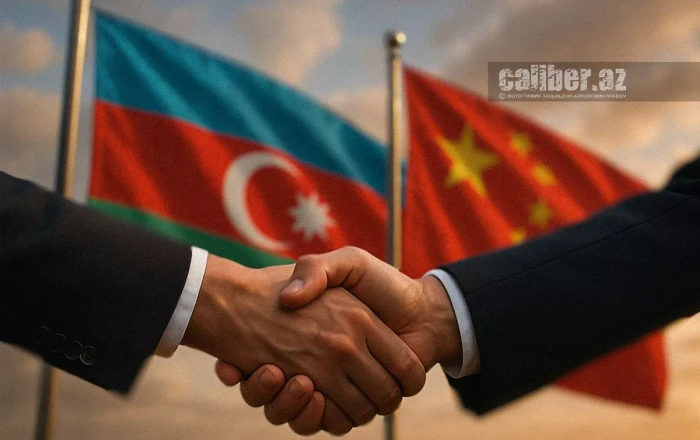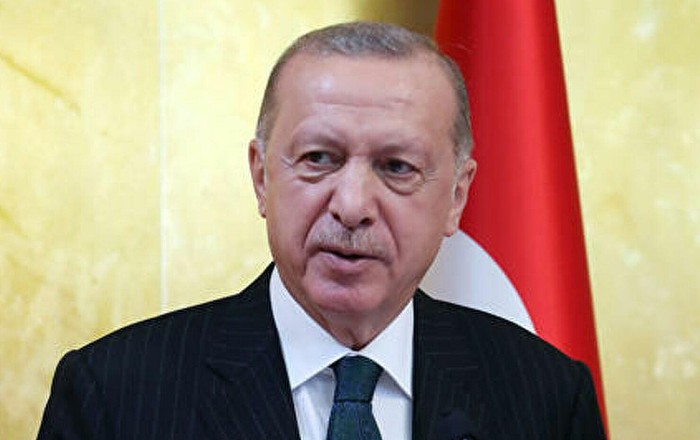China’s ambitious International Lunar Research Station (ILRS) project could pave the way for deepened cooperation with Azerbaijan in the realm of space exploration, said Ling Fei, deputy director of the international cooperation and exchange center of the Chinese Deep Space Exploration Laboratory (DSEL).
Speaking at the Space Technology Conference (STC2025) in Baku, Lin highlighted China’s rapid progress in lunar exploration, noting that the country has conducted nine successful missions since 2004, Caliber.Az reports via local media.
These missions have covered all critical stages of lunar activity—orbital insertion, surface landing, and sample return.
“Last year marked a significant milestone, as we successfully retrieved samples from the far side of the Moon for the first time,” said Ling.
“We are now entering a new era in lunar exploration, one that prioritizes international scientific and technological collaboration, along with lunar resource utilization and infrastructure development,” he added.
At the heart of this next phase is the ILRS initiative, a multifaceted research station to be situated both on the Moon’s surface and in lunar orbit. The station will provide a comprehensive platform for power generation, communications, scientific inquiry, resource extraction, and advanced technological experiments.
“The ILRS is an open international platform,” Ling emphasized. “We welcome the participation of global partners, and Azerbaijan has a real opportunity to be part of this initiative.”
He praised Azerbaijan’s growing presence in the space industry, particularly through its national space agency, Azercosmos. “Azerbaijan is making significant strides by expanding its satellite missions, fostering international partnerships, and investing in technological research. These developments lay a solid foundation for meaningful participation in large-scale international projects such as the ILRS,” he noted.
The International Lunar Research Station (ILRS) is a flagship lunar exploration initiative jointly spearheaded by China and Russia, officially announced in June 2021. Much like NASA's Artemis program, the ILRS encompasses both a strategic framework for lunar exploration and a set of guiding principles intended to govern the activities undertaken within its scope.
At the time of its launch, China and Russia issued the ILRS Guide for Partnership, a foundational document outlining the program’s scientific objectives, phased mission architecture, and the framework for international collaboration. This guide delineates the responsibilities of the Joint Working Group, which is tasked with coordinating the legal, scientific, and engineering dimensions of the initiative.
In 2023, China elaborated further on the governance structure of the ILRS, proposing the establishment of the International Lunar Research Station Cooperation Organization (ILRSCO). This body would serve as the central coordinating entity for all cooperative efforts within the program, overseeing multilateral engagement and collaborative project implementation.
As of now, the specific principles underpinning the ILRS have not been made publicly available. It remains uncertain whether adherence to these principles will be a prerequisite for participation in the ILRS, or whether participation itself necessitates formal endorsement of the principles. Furthermore, it is unclear to what extent these principles will diverge from those enshrined in the Artemis Accords.
Nevertheless, the operational ambitions of both ILRS and Artemis exhibit notable convergence. Both programs envisage the establishment of permanent installations on the lunar surface, the extraction and utilization of lunar water and mineral resources, and the advancement of in-situ manufacturing capabilities. This alignment suggests that the normative frameworks guiding each initiative may, in practice, share significant commonalities—despite their distinct geopolitical underpinnings.
By Vafa Guliyeva
Source: caliber.az


